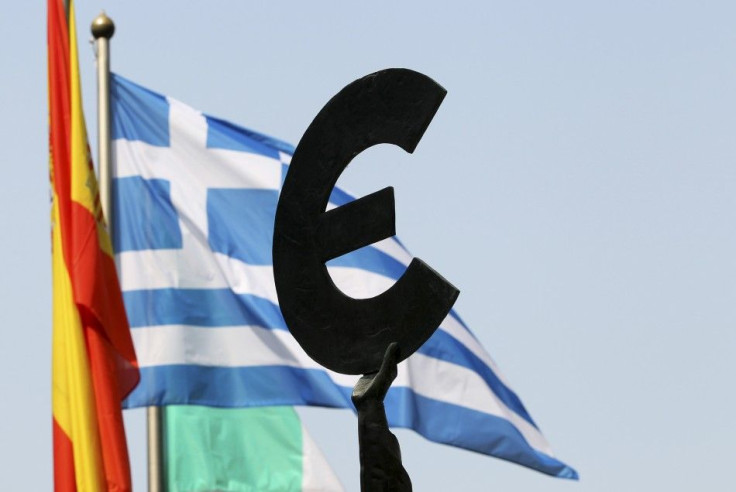Citigroup Lowers 'Grexit' Prospect To 60%; Likely To Happen In 1H 2014

Citigroup’s (NYSE: C) Chief Economist Willem Buiter, who coined the word “Grexit,” has lowered the chances of Greece leaving the euro zone and predicted that this will probably happen in the first half of 2014.
In a research note published Friday, Citi said it now believes there is a 60 percent chance of Greece exiting the single currency bloc in the next 12 to 18 months, down from a previous estimate of a 90 percent chance.
The slightly more optimistic tone in Citi’s outlook is “mainly due to a change in the attitude of euro core members towards it (a Greek exit).”
“Politicians probably fear its negative effects on upcoming elections (in Germany) and a diminished economic resilience in the rest of Europe to a shock like Grexit,” Buiter wrote. “The recent more cooperative Greek stance, together with some timid improvements in the deficit data, may also have helped.”
However, Citi still sees a "Grexit" as inevitable.
“Unless a write-off of official debt is agreed upon -- quite unlikely, in our view -- we think a stalemate between Greece and its international creditors will eventually lead to a withdrawal of international support, leaving Grexit as potentially the only available solution for Greece,” Buiter wrote.
© Copyright IBTimes 2024. All rights reserved.












